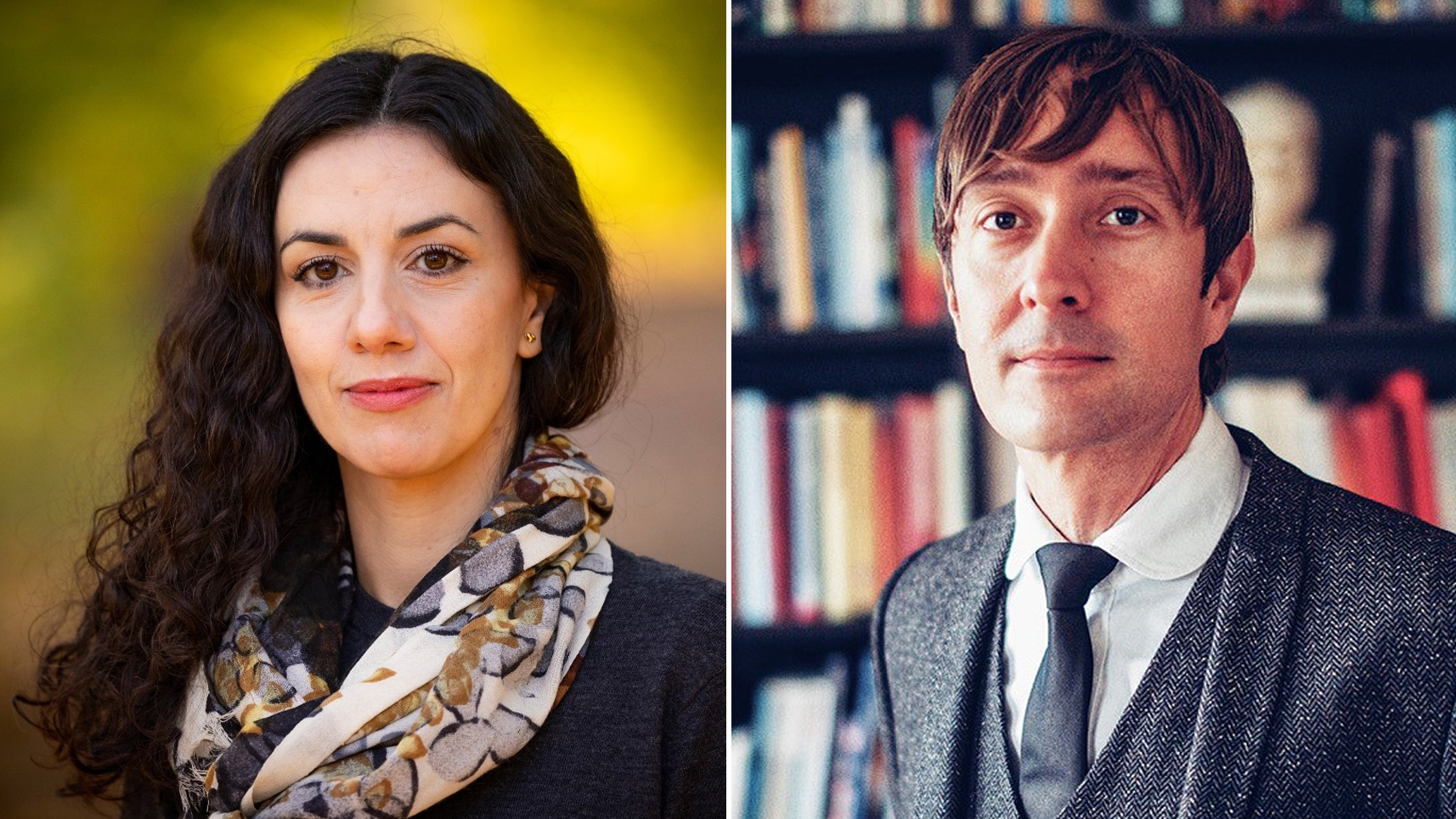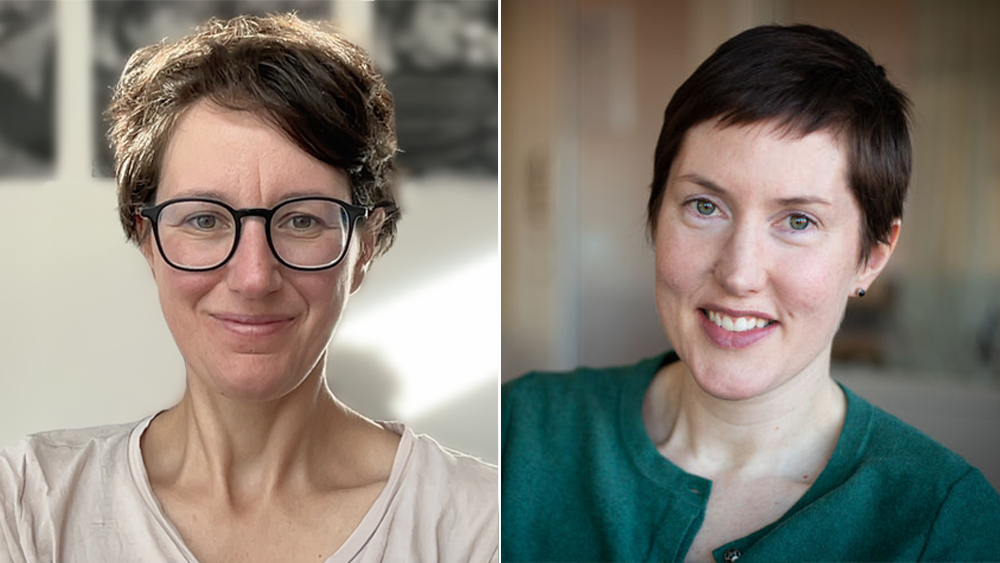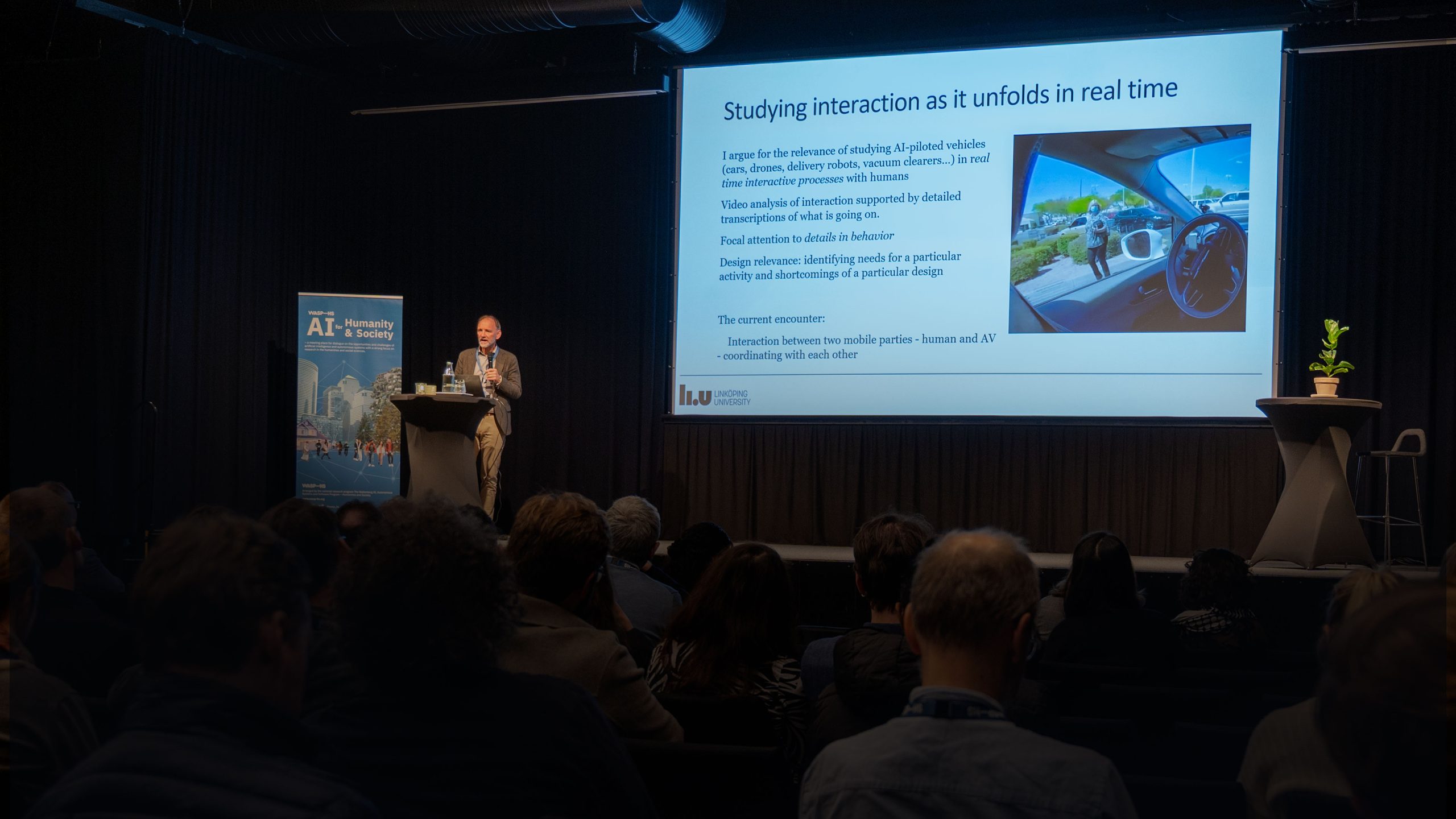In a world often fixated on pessimistic visions of the future—driven by conflicts, environmental crises, and rapid technological advances—there is a growing need for hopeful alternatives, particularly concerning artificial intelligence. While AI presents remarkable potential, it is also a double-edged sword, evolving quickly across various fields. Optimism surrounds its possibilities, but substantial concerns remain. Public and expert opinions are divided, reflecting a complex blend of hope, curiosity, and apprehension. A major concern is the existential threat posed by advanced AI systems, with some experts advocating that mitigating the risk of AI extinction should be a top global priority. However, others argue that this focus on existential risks diverts attention from more immediate and pressing issues such as bias, discrimination, privacy, job displacement, and the lack of accountability in AI decision-making. Public sentiment is becoming increasingly wary, with more individuals expressing concern rather than excitement about AI’s expanding role. Meanwhile, industry leaders and policymakers call for heightened oversight and safeguards, emphasizing the need for transparency and public accountability in AI development. Regulatory initiatives, such as the European AI Act, attempt to address these concerns, though many argue that current regulations lag behind the pace of AI’s advancement.
Why This Theme Matters Now
In this context, the theme of “Creating Shared AI Futures” is profoundly relevant. By focusing on both existing technological utopias and novel visions for the future, the theme encourages a wider exploration of how AI can be harnessed for the collective good of humanity. Now is the time to foster a renewed dialogue that includes not only researchers and professionals but also the general public, to collectively examine how AI can be shaped to serve society. The theme embraces speculative thinking, encouraging the community to imagine alternative futures that are grounded in shared human values, rather than being dictated by market forces or a fatalistic view of technological determinism.
The conference seeks to promote collaboration among researchers, industry leaders, and policymakers to co-create AI futures informed by diverse perspectives and rooted in human sensibilities. At a time when AI is fundamentally reshaping critical aspects of society—from personal privacy to global governance—public discourse is often dominated by fear, particularly concerning surveillance, bias, misinformation, and social fragmentation. While these issues are real and pressing, they only represent part of the wider AI landscape. Our goal is to facilitate a more inclusive and forward-looking conversation about both the challenges and opportunities presented by AI.
The time has come to shift the narrative toward building ethical, inclusive, and democratic futures for AI. We must move beyond the idea of technological inevitability and assert our collective agency in shaping AI’s role in society. This requires imagining diverse possibilities and working collaboratively to bring these visions to life, ensuring that AI’s development aligns with the greater good of humanity.
What to Expect at the Conference
Dates: November 19-20
Location: Lindholmen Conference Centre, Gothenburg
Join us for two days of thought-provoking discussions, inspiring talks, and collaborative workshops. Here’s a glimpse of what’s in store:
Keynote Presentations
Mark Coeckelbergh, WASP-HS Guest Professor in Philosophy of Media and Technology at Uppsala University, will present “AI and Democracy.” His talk will address the democratic challenges posed by AI — from disinformation and manipulation to the concentration of power — and explore ways to build democratic institutions that harness AI for the common good.
Annette Markham, Professor of Media Literacy and Public Engagement at Utrecht University, will deliver a talk titled “Challenging the Inevitability of AI Futures: From Speculations to Interventions.” She will explore how creative speculative thinking can help envision ethical AI futures and how we can move from abstract ideas to tangible actions and interventions.
Interactive Workshops and Panels
Engage with experts from diverse fields, participate in hands-on workshops, and join dynamic panels that address real-world issues at the intersection of AI, society, and governance.
Networking Opportunities
Connect with leading researchers, industry innovators, and policymakers who are shaping the future of AI. Exchange ideas, build collaborations, and expand your professional network.
By coming together to discuss, debate, and imagine shared futures, we can ensure that AI development aligns with societal values and aspirations. Join us in Gothenburg and be part of this critical conversation.






